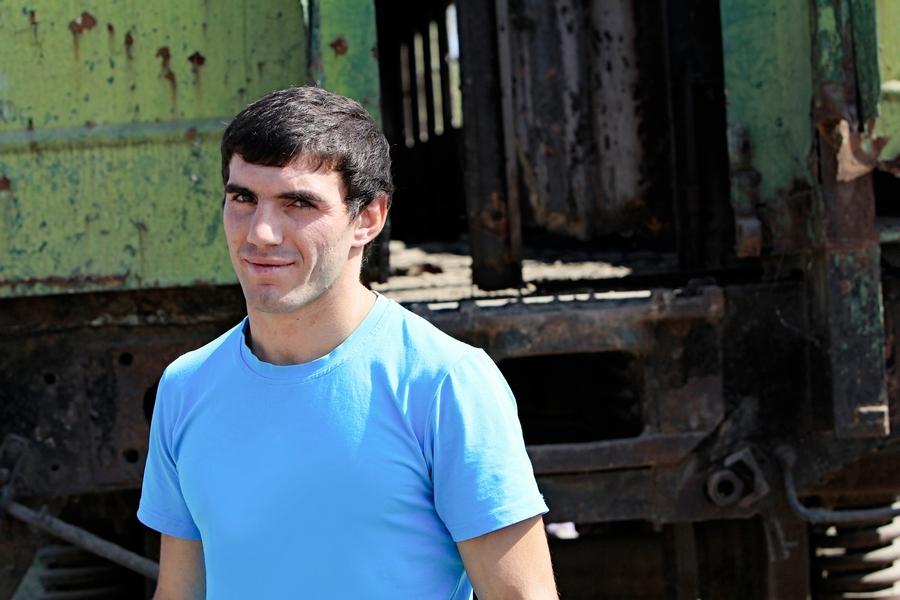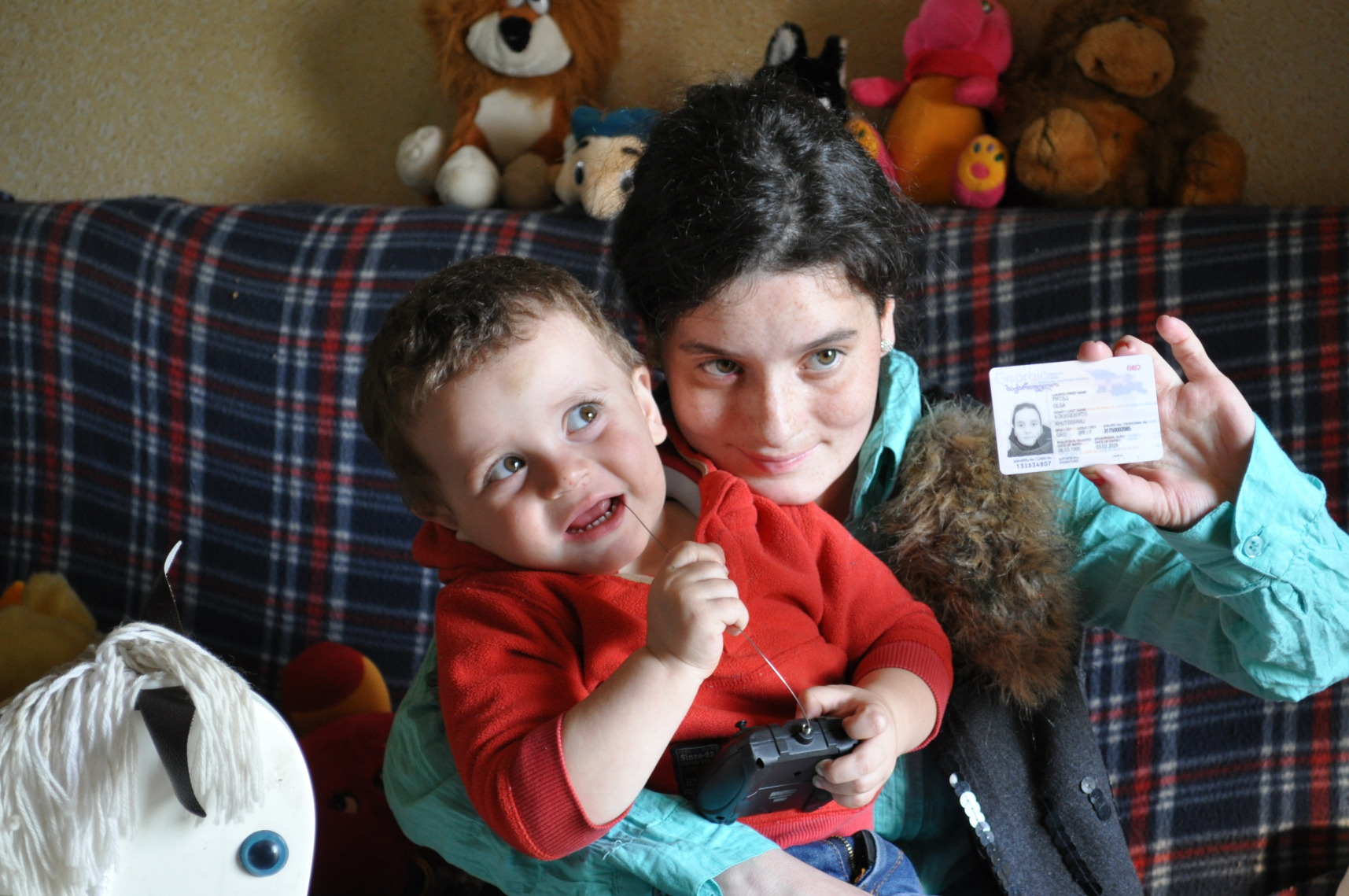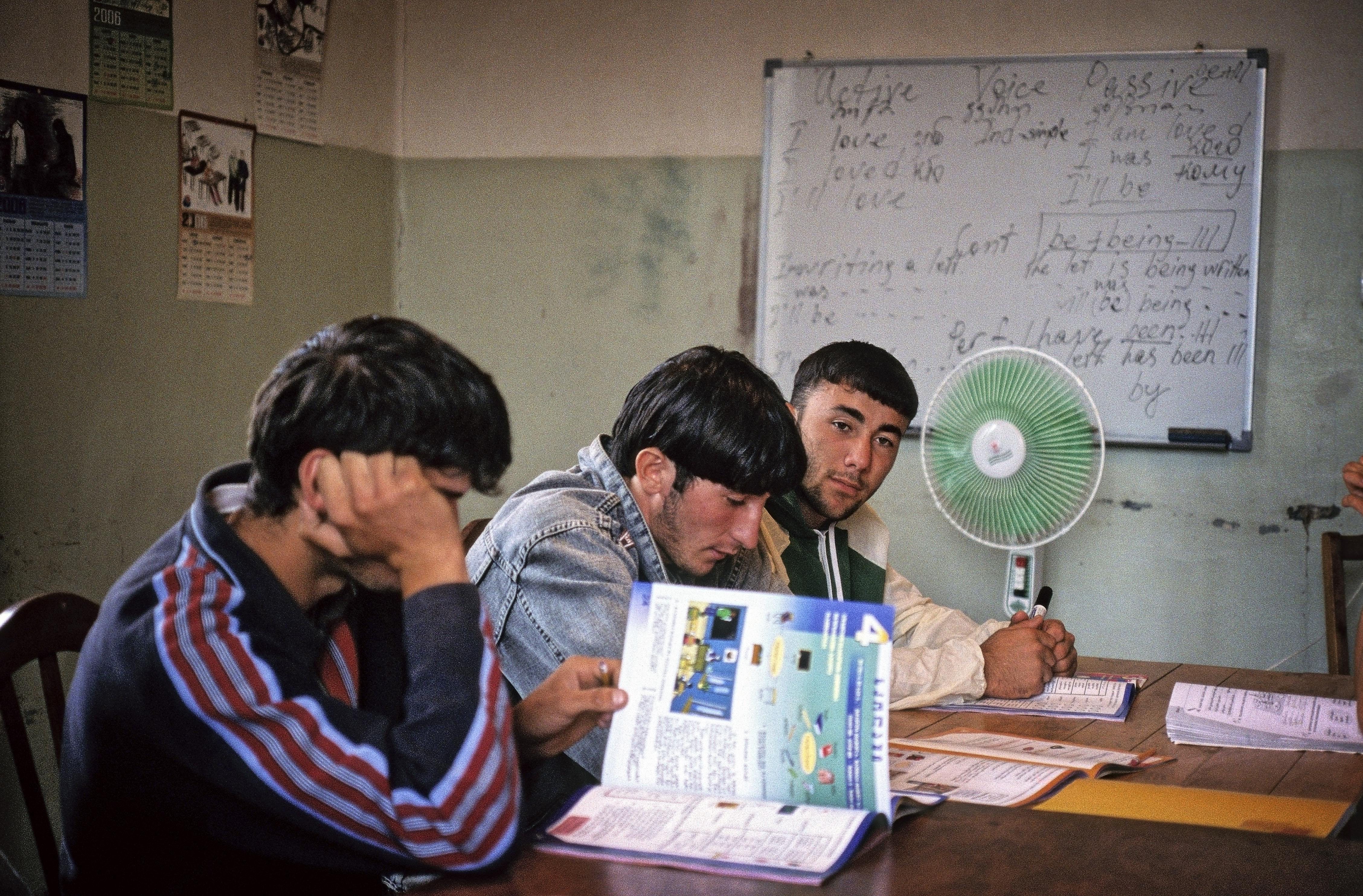Georgia: Focus shifting to returnees in both South Ossetia and Georgia
Georgia: Focus shifting to returnees in both South Ossetia and Georgia
The High Commissioner completed his four-day mission to Georgia, South Ossetia and the Russian Federation on Friday and we are seeing an increasing number of refugees and displaced people returning to their homes as the situation improves in the region.
UNHCR has opened an office in the Georgian town of Gori and established a provisional warehouse there as an increasing number of people return home in the aftermath of the Russian withdrawal last Friday. In addition to providing aid, UNHCR will assist local authorities in mapping and assessing the numbers of returnees to the town, which was largely abandoned during the conflict earlier this month. We are also coordinating assistance programmes providing shelter and non-food items as an increasing number of aid organizations arrive in Gori.
Most of the returns since Friday have been spontaneous, with many of the displaced returned from areas in and around the Georgian capital, Tbilisi. According to the Georgian government, between 10,000 and 15,000 people have already gone back to Gori, out of an initial population estimated at some 70,000. Most of the returnees had been in contact with neighbours and relatives and were aware of the state of their homes. Many of the returnees were men who said they first wanted to see the situation for themselves before bringing their families back.
UNHCR field teams monitored departure points and shelters in Tbilisi to ascertain the voluntary nature of the returns. Many returnees carried UNHCR relief packages, including blankets, mattresses and kitchen sets as well as food supplies for five to 10 days.
We are advising the returnees through the local media to watch out for unexploded ordnance and to stay away from villages not yet cleared of mines and declared safe by the authorities.
In South Ossetia, the humanitarian and security situation is being stabilized and people have started returning to their homes there as well. According to Russian authorities some 23,000 people from South Ossetia returned from the Russian Federation since 12 August.
High Commissioner António Guterres, who was in South Ossetia and North Ossetia, Russian Federation, last Thursday and Friday, spoke to several displaced people, nearly all of whom said they intended to return to their homes as soon as possible.
In western Georgia, people displaced from the Kodori Valley in the north-east region of Abkhazia, told UNHCR yesterday that practically all ethnic Georgians from that region have left. They said they had no information on conditions in the valley and no intention of returning.
Our operation in Georgia is now shifting gears and we are entering a new, post-emergency phase. Altogether, 122,000 people have been provided emergency relief, more than half of them by UNHCR teams and the rest by a number of implementing partners. This was done in close cooperation with UNHCR's sister agency, WFP (World Food Programme), who provided the food while UNHCR delivered non-food items and shelter material.
While we continue to coordinate aid distribution in Georgia, we are also focusing on our traditional protection mandate. This is all the more complex as the situation on the ground is very dynamic with the continuing movement of people. For example, a UNHCR protection team was travelling this morning to areas north of Gori following unconfirmed reports that ethnic Georgians were fleeing their villages in the area.
More than 158,000 people were displaced during the recent conflict - 128,000 within Georgia and some 30,000 who fled to the Russian Federation. Prior to the latest crisis UNHCR has been working on behalf of some 220,000 previously displaced people, refugees, returnees, asylum seekers and stateless people in Georgia.








